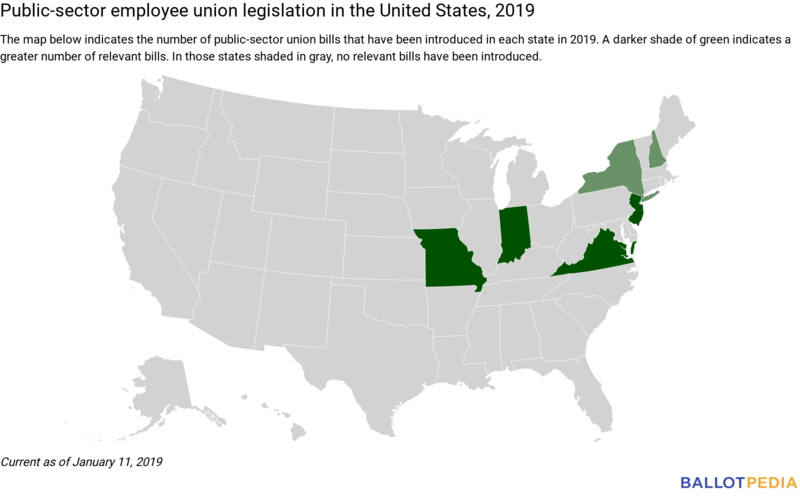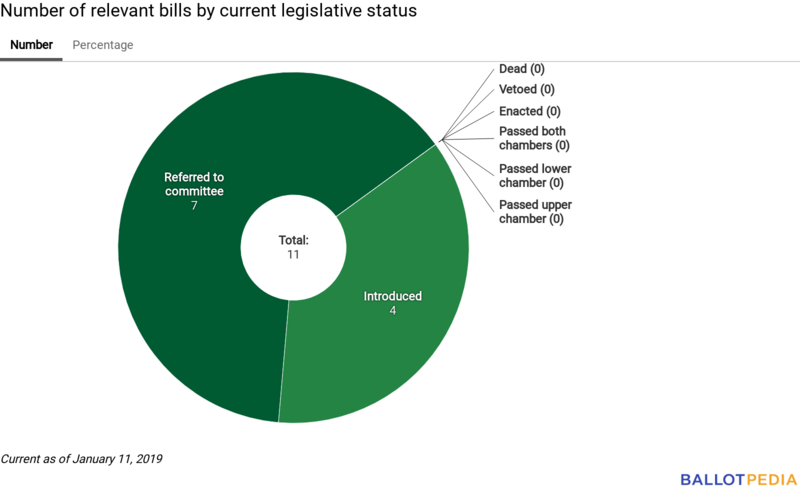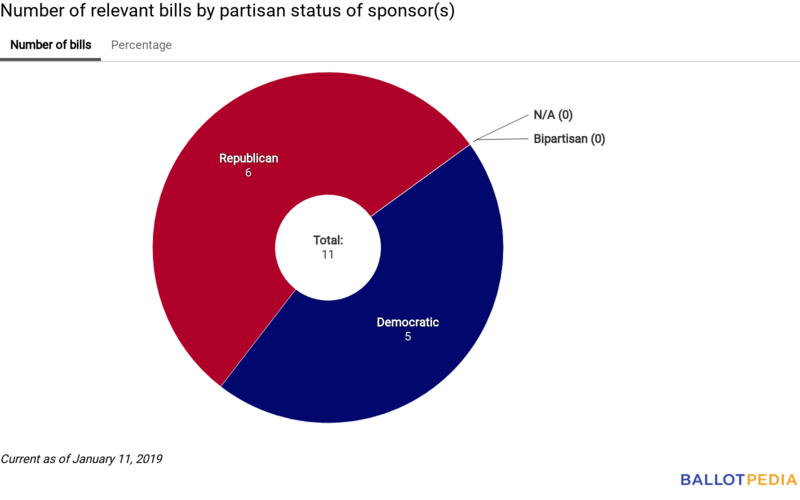Union Station: January 11, 2019
On June 27, the Supreme Court issued its 5-4 ruling in Janus v. American Federation of State, County, and Municipal Employees (Janus). The court ruled that public sector unions cannot require non-member employees to pay agency fees to cover the costs of non-political union activities. This week, we take a closer look at a lawsuit filed in New Jersey involving the constitutionality of collecting agency fees from airline employees.
On Jan. 8, three United Airlines employees filed suit against their union, the International Association of Machinists and Aerospace Workers, in U.S. District Court. Plaintiffs allege they have been forced to pay agency fees to the union despite the fact they did not choose to join it, violating Janus. (Source: WDEL, Mackinac Center for Public Policy)
- Who are the parties to the suit? The plaintiffs are United Airlines employees Lin Rizzo-Rupon, Noemieo Oliveira, and Susan Marshall. The Mackinac Center Legal Foundation represents them. The defendant is the International Association of Machinists and Aerospace Workers.
- What is at issue? Airline employees are private-sector workers whose collective bargaining rights are subject to the Railway Labor Act, a federal law that allows unions to collect agency fees from non-members. Janus directly applied to public-sector employees and unions. The plaintiffs argue that while airline workers are not public-sector employees, the degree of governmental involvement in the airline industry justifies extending Janus' protections to this class of workers.
- What are the parties to the suit saying?
- Patrick Wright, director of the Mackinac Center Legal Foundation, said, "In Janus, the Supreme Court made it abundantly clear that state and local governments could not impinge on free speech rights. This lawsuit seeks to make certain the federal government cannot either."
- As of Jan. 11, the International Association of Machinists and Aerospace Workers had made no public comment on the suit.
The big picture
2019 session preview: Legislatures in 47 states will convene this month. For a complete list session start and end dates, please click here.
Number of relevant bills by state
So far this year, we have tracked 11 pieces of legislation dealing with public-sector employee union policy. On the map below, a darker shade of green indicates a greater number of relevant bills. Click here for a complete list of all the bills we're tracking.
Number of relevant bills by current legislative status
Number of relevant bills by partisan status of sponsor(s)
Recent legislative actions
Below is a complete list of legislative actions on relevant bills since the beginning of the year. Bills are listed in alphabetical order, first by state and then by bill number.
- Indiana HB1202: This bill would repeal Indiana's right-to-work law.
- This bill was introduced in the House Jan. 10 and referred to the Committee on Employment, Labor and Pensions.
- New Hampshire HB363: This bill would establish the state Legislature as a public employer under the state's public-employer labor relations laws.
- This bill was introduced in the House Jan. 7 and referred to the Committee on Legislative Administration.
- New York A00014: This bill would allow public-sector unions to re-vote on written agreements that were initially voted down.
- This bill was introduced in the Assembly Jan. 9 and referred to the Committee on Governmental Employees.
- Virginia SB1236: This bill would require school boards to grant employees equal access to employee associations and professional educator liability insurance providers.
- On Jan. 10, this bill was considered at a Public Education Subcommittee hearing.
See also
| |||||||||||||||||||||||





